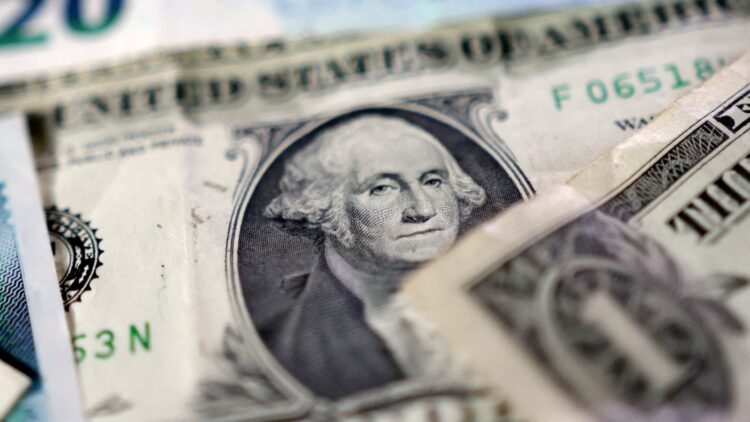The German yield curve is expected to steepen for the fourth consecutive week. Recent trading trends in the biggest economy in Europe have revealed a consistent tendency that is drawing notice. Investors have been reevaluating their positions in both short-term and long-term bonds as they continuously monitor the signals from both domestic and foreign markets. The outcome is obvious: rates have been fluctuating for a number of days in succession, suggesting a small but significant shift in market sentiment. The causes range from shifting inflation predictions to advances in international trade.
German two-year yields rise ahead of the U.S.-China trade deadline and crucial Ukraine talks
Policy-sensitive German two-year yields were set for a fourth consecutive daily rise on Monday, ahead of a week packed with event risk, including a Ukraine summit between the United States and Russia and a deadline on a U.S.-China trade truce. U.S. President Donald Trump and Russian President Vladimir Putin will meet on Friday in Alaska to try to broker peace in Ukraine, the first in-person meeting between a U.S. and Russian leader since former President Joe Biden met Putin in 2021.
Meanwhile, a 90-day truce in the trade war between the U.S. and China expires on Tuesday. Traders widely expect the pause to be rolled over for another 90 days. German two-year yields, DE2YT=RR, which tend to be most reactive to changes in expectations for policy rates, were up 1.5 basis points (bps) at 1.97%, after hitting 1.974% earlier in the session, the highest level since April 3.
As investors monitor inflation data and geopolitical risks, Eurozone yields follow U.S. rates
They ended last week with a 5 bps rise, as investors unwound bets on European Central Bank rate cuts. Analysts argue that euro rates are increasingly likely to take their directional cues from the U.S., where data will be pivotal for Federal Reserve pricing. Benchmark 10-year U.S. Treasury yields edged lower, while interest rate-sensitive two-year yields were the highest in a week on Monday. Jane Foley, strategist at RaboBank, said,
“Against the backdrop of continued trade rumblings and geopolitical tensions, attention will be diverted by the release of the U.S. CPI inflation data on August 12.”
The subtle change in the Yield Curve and its possible significance
Germany’s yield curve has been steepening over the past four weeks in tandem with the increase in short-term rates. There are several reasons why the difference between short-term and long-term yields may be growing, and a steepening curve usually indicates this. Stronger demand for longer-term bonds, which often do better when investors think economic dangers are still present, could be partially to blame for this change.
Even if there may still be short-term pressures, the trend can also indicate that the market anticipates inflation to decrease over time. This delicate balancing act between short-term prudence and long-term optimism is taking place in an uncertain global trade environment. Major economic negotiations, such as those between the United States and China, continue to have an impact on market mood. Even the U.S. and the EU still trade heavily with Russia amid the war.
German 10-year yields (DE10YT=RR) were up one basis point at 2.69%, having ended last week up 1 basis point. Yields on Bunds, which serve as the benchmark for the wider eurozone, have barely budged this month. Commerzbank noted euro zone bond supply this week was expected to be the smallest so far this year, with just a reopening of German 10-year Bunds and Finnish 10-year and 15-year government debt. Italy has cancelled auctions of three-year, seven-year and ultra-long debt, while Portugal will also stay put. On the other hand, Canada may exit DC trade talks over Trump tariffs.
GCN.com/Reuters


